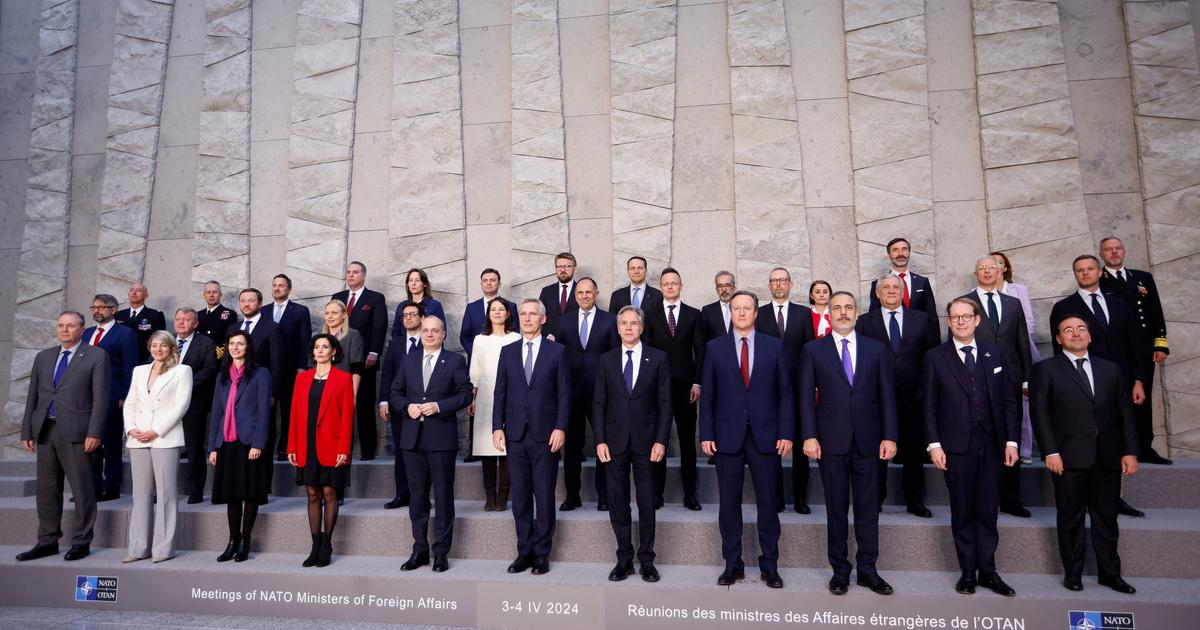Integration against reforms - with this pledge, proclaimed in the 2003 "Agenda of Thessaloniki", the European Union has pledged EU membership to the six countries of the Western Balkan region. Unofficially, this promise has been in question for some time, because enlargement fatigue has spread throughout the Union.
But now the EU has for the first time made an open break in the word: because of a veto from France, Albania and Macedonia can not begin the already promised EU accession negotiations.
Last Friday's EU summit decision triggered consternation and bitterness across the Western Balkans region. The political consequences of the rejection could be serious, and many EU leaders already spoke of a "historical mistake".
Particularly bitter is the non-commencement of accession negotiations for Macedonia. The Brussels decision triggered a political crisis in the country - Socialist leader Zoran Zaev spoke of a "great historical injustice" and announced early elections for April next year and his resignation for January.
Only in January had Macedonia changed its name to "North Macedonia" after almost three decades of ongoing name dispute with its neighbor Greece. This was not only a one-time event in world history, but also extremely humiliating for the majority of Macedonians. Nevertheless, the government under Prime Minister Zaev in the so-called Prespa agreement concluded this painful historic compromise - also to clear the way for accession negotiations with the EU.
Taboo breaks could become the norm
Moreover, North Macedonia is currently the only country in the Western Balkans that is seriously seeking basic democratic and rule of law reforms. The process is bumpy and accompanied by many setbacks, a serious corruption scandal has shaken the country for several months now. Nevertheless, since the successful "Colorful Revolution" of 2016, Macedonia has been a positive example in the region.
However, if nationalists return to power after the early spring election, the country's path will become unpredictable. One thing is certain: ex-prime minister Nikola Gruevski, who fled to Hungary in 2018, had no scruples during his reign to bring the country into civil war if necessary, in order to remain in power.
In the case of Albania , the rejection of EU accession negotiations is more understandable. Justice and rule of law reforms in the country are stuck, and nominalist Socialist Prime Minister Edi Rama, who has been in office since 2013, is suspected of holding his party in power through organized crime, particularly the drug mafia. Rama himself, known in the West for his appearances in sneakers and admired as an artist, cultivates an increasingly authoritarian style in domestic politics.
Splitting up the accession negotiations - with a shift for Albania and a start for northern Macedonia - would have been an opportunity for the EU to maintain its credibility in the region. However, France also resisted this way.
Thus, the EU has cut off an option, pacifying and stimulating impact on the Western Balkans. Political and rule-of-law taboo breaks could now increasingly become the norm:
- A resumption of the dialogue between Serbia and Kosovo under the umbrella of the EU is probably finally off the table, at best, it could take place under the mediation of the two new US Special Envoy Palmer and Grenell; it is more likely that the two countries will intensify their diplomatic war.
- The "Greater Albania" scenario - a long-term union of Albania and Kosovo - could establish itself as a real long-term political perspective.
- In Bosnia-Herzegovina, the political representatives of the Croats and especially of the Serbs around Milorad Dodik will question the Bosnian state even more than before and work on separatist scenarios.
- The decision is a serious blow to the civil society players in the region and a more encouraging signal to rulers such as the Montenegrin head of state Milo Djukanovic to cultivate corruption and nepotism even more openly.
Contrary to widespread political murmurs, however, the decision of the EU summit does not mean that Russia, China or Turkey in the Western Balkans region will jump into the gap left by Brussels. After all, Russia and Turkey in particular do not have the financial means that Europe is currently investing in the region. Undoubtedly, Russia, China and Turkey will know how to exploit the inconsistency of the EU. In future, the Western Balkans will become an even more confusing geopolitical gray area.







